What Did Your Great-Great-Great-Grandparents Eat?
Explore the nutrient-rich, high-carb, low-PUFA eating habits of our great-great-great-grandparents.
By: Ashley Armstrong
STORY AT-A-GLANCE
Life expectancy in the United States is currently declining, making it the only developed nation with this concerning trend. Since the 1930s, there has been a dramatic 700% increase in chronic disease development, rising from 7.5% prevalence to 60% of the population having one or more chronic conditions today
In the 1800s, people ate three structured meals daily (breakfast, dinner, supper) without snacking or fasting, maintaining a simpler relationship with food than we have today
Our ancestors consumed a high-carb diet rich in saturated fats, with minimal polyunsaturated fats (PUFAs), as they didn't use vegetable oils or eat many nuts and seeds
The 1950s marked a significant shift in dietary recommendations, particularly regarding saturated fats and animal products, leading to major changes in the American diet
To optimize your health, return to simpler food principles: cook at home, source quality ingredients within your means, stay active, and prioritize happiness over strict dietary rules
There is profound value in looking to the past, drawing from the wisdom of our ancestors to uncover how they cultivated healthy, balanced lives and sustained their communities across generations.
While their life expectancy may not have been as long, this data is skewed by low birth survival rates, which modern Medicine has drastically improved. And did you know that the U.S. actually has a decline in life expectancy in modern times?
America is the only developed nation with a *declining* healthy life expectancy and total life expectancy!1 We aren’t doing something right!
Since the food we eat every single day plays the biggest lever in improving our health, let’s investigate the diets of our ancestors.
The 1800s offer us a unique window into a different relationship with food — one where abundance was celebrated, meals were a source of joy, and the dinner table was the heart of family life. In an era before processed foods and modern food fears/orthorexic behavior, people maintained a simpler, more intuitive connection with their meals.
What I find most intriguing is how their approach to food differs from our modern perspective. While we often grapple with complex dietary rules and restrictions, our ancestors focused on nourishment, celebration, and making the most of available ingredients.
So, let's step back in time and explore what graced our great-great-great-grandma’s dinner table for the month of November. The meals might inspire your own culinary adventures! I'll share some photos from a few different vintage cookbooks, then discuss some of the consistent trends at the end!
Truthfully, they ate a very metabolically supportive diet. They ate a lot of food (calories), didn’t fast, ate high carb, consumed primarily saturated-rich fat sources and ate low PUFA, and they consumed B vitamin rich animal protein sources.
I am slightly fascinated by the farming and culinary traditions of our ancestors, so I hope you enjoy these vintage meal plans as much as I do! So, first, let's check out meals from "What shall we eat?" published in 1868. Meals our great-great-great-grandparents could have consumed.
Next, let's check out a meal plan from "What shall we have to eat?" published in 1893. Meals our great-great-great-grandparents, or great-great-grandparents might have consumed.
Isn't it eye-opening to take a look at 1800s meal plans? No crazy diet rules, no food fear, and plenty of calories. While we don't need to go this extreme with food prep, it's a reminder to ditch the diet stress. Notable trends:
Ate 3 meals/day, no intentional fasting, but also did not frequently graze/snack (instead of "breakfast, lunch, dinner" they called the meals "breakfast, dinner, supper")
No dietary extremes
Did not fear carbs (ate high carb)
Consumed mostly saturated fats, and ate relatively lower polyunsaturated fats (PUFA) (no vegetable oils, and didn't eat much nuts and seeds)
Consumed food that is demonized across a variety of diet camps: meat, dairy, flour, sugar, fruit, potatoes, and grains
No processed food/food in a package
One of the biggest changes has been the TYPES of fat consumed.
The saturated fat, animal product and cholesterol fear-mongering propaganda starting in the 1950s led to a huge shift in our dietary fat. Since the 1930s, there has been a 700% increase in chronic disease development. In the 1930s, the chronic disease prevalence was 7.5%.2 Today, 60% of the population has one or more chronic disease.3 4
I’m not sharing these meal plans to suggest that you should eat exactly as they did. Instead, my goal is to help you reduce food fear and stress as you navigate the overwhelming and often confusing health space. The last thing any of us need is more stress in our lives!
Gaining perspective from the diets of our great-great-great-grandparents can be both liberating and grounding. In today’s world, where so many foods are scrutinized, this perspective can help alleviate unnecessary fear around eating.
Letting go of food fears can significantly enhance your well-being. Feel empowered to explore traditional food preparations and discover what nourishes your body best, rather than letting someone else’s anxieties dictate your choices. And to address the elephant in the room — yes, they did not have to deal with the crappy food system we all face today. OF COURSE food sourcing is important!
Our modern food system is undeniably complex and imperfect, and it does contribute to various health issues. But better options do exist, such as organic sugar or non-GMO, organic flour. Embrace the idea that there’s always a step forward you can take.
Instead of feeling overwhelmed, consider focusing on just one area of your sourcing to improve for the rest of the year — whether it’s meat, dairy, eggs, produce, or grains. Small, sustainable changes help avoid overwhelm and empower you to make a difference. Do the best you can and avoid what you personally can’t tolerate.
But instead of stressing about eating "good" and avoiding "bad" foods on a list made from some random health influencer (which will differ depending on who you follow) ... Keep it simple: cook at home, source as high of quality ingredients that you can, stay active, and prioritize happiness.
About the Author
Ashley Armstrong is the co-founder of Angel Acres Food Club, which specializes in seed oil free, low-PUFA eggs that are shipped to all 50 states, and Nourish Food Club, which ships 100% grass fed, vaccine-free, regeneratively raised beef and lamb, plus low-PUFA pork and chicken, A2 dairy and cheese, and traditional sourdough to all 50 states.
Armstrong is fascinated with old school agriculture practices and is focused on building a food system with small scale regenerative farms at the center. The goal is to produce food how it used to be made, before heavy chemical use and the large increase in PUFAs.
Disclaimer: The entire contents of this website are based upon the opinions of Dr. Mercola, unless otherwise noted. Individual articles are based upon the opinions of the respective author, who retains copyright as marked.
The information on this website is not intended to replace a one-on-one relationship with a qualified health care professional and is not intended as medical advice. It is intended as a sharing of knowledge and information from the research and experience of Dr. Mercola and his community. Dr. Mercola encourages you to make your own health care decisions based upon your research and in partnership with a qualified health care professional. The subscription fee being requested is for access to the articles and information posted on this site, and is not being paid for any individual medical advice.
If you are pregnant, nursing, taking medication, or have a medical condition, consult your health care professional before using products based on this content.





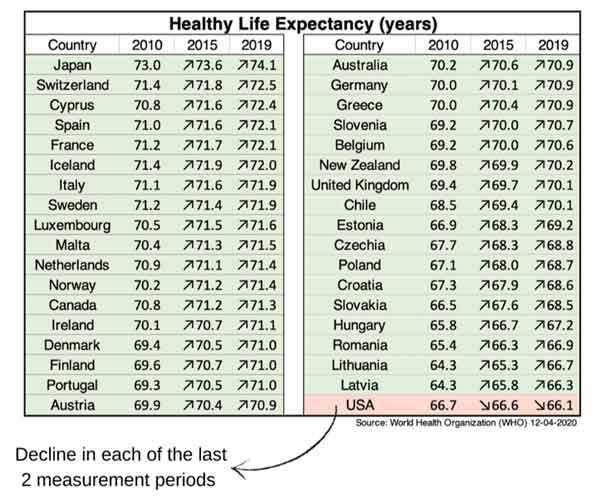
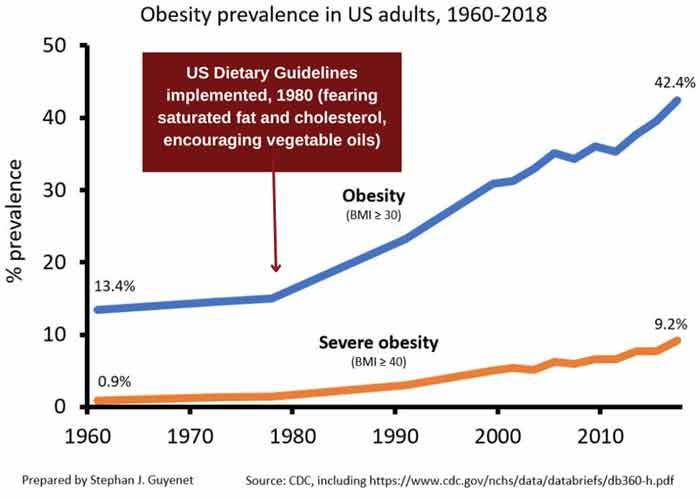
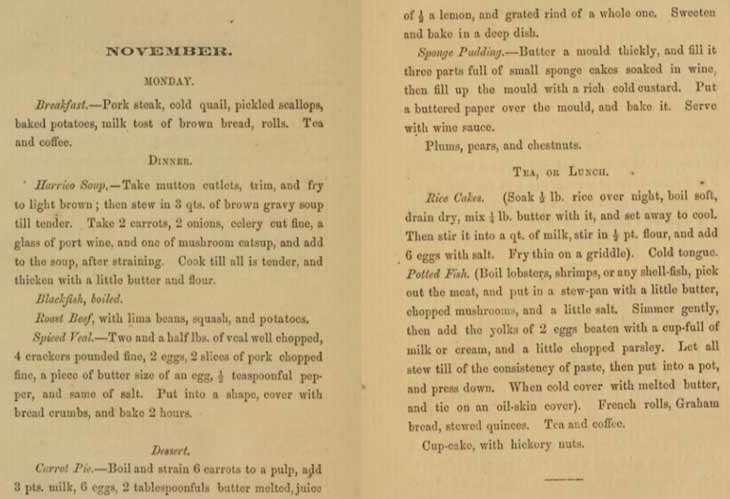
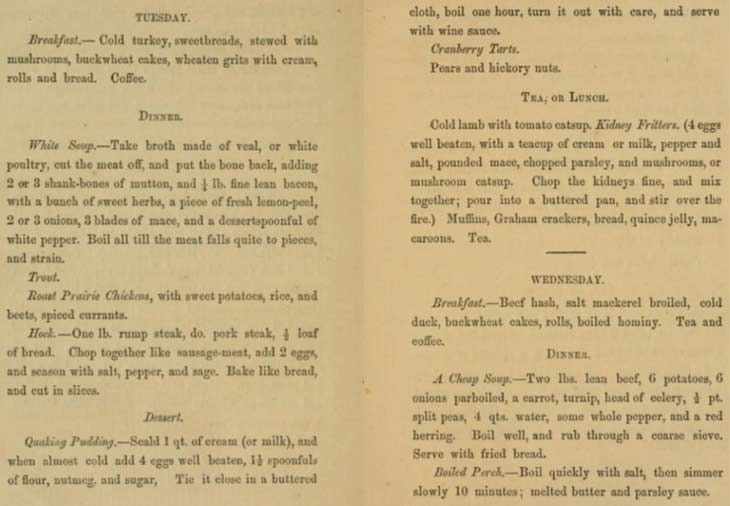
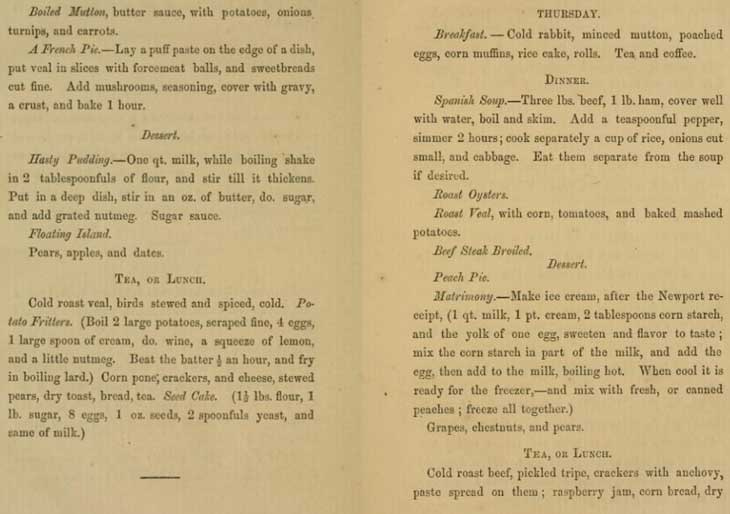
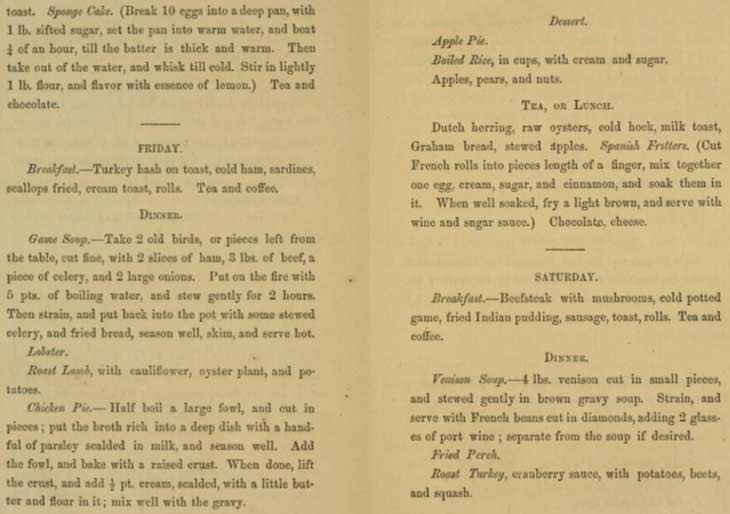
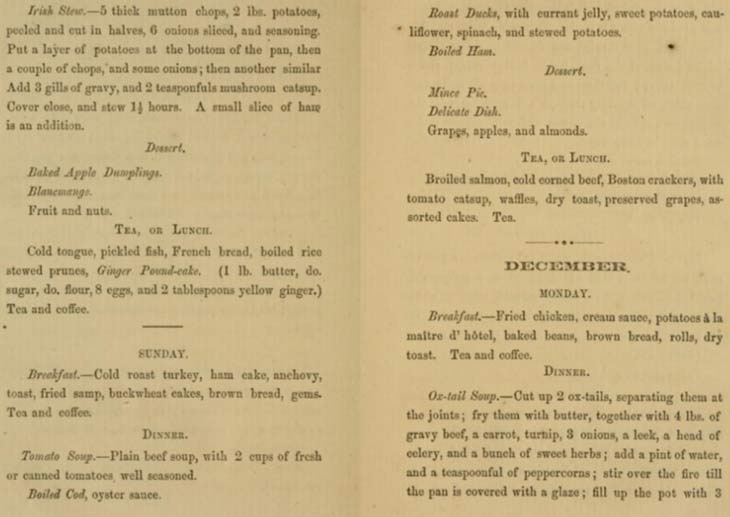
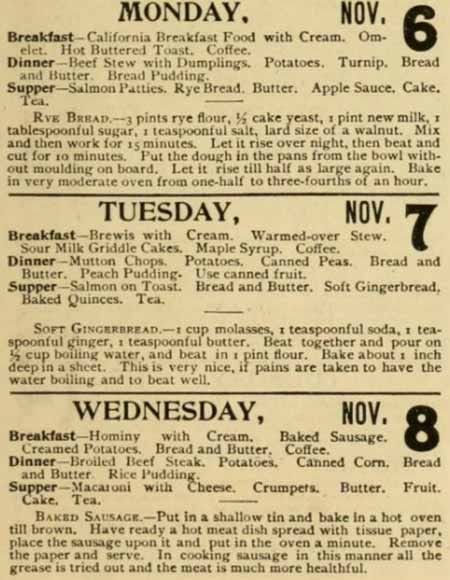
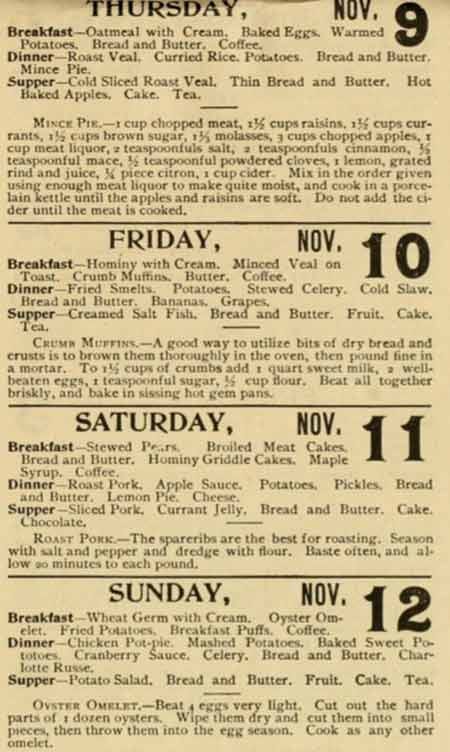
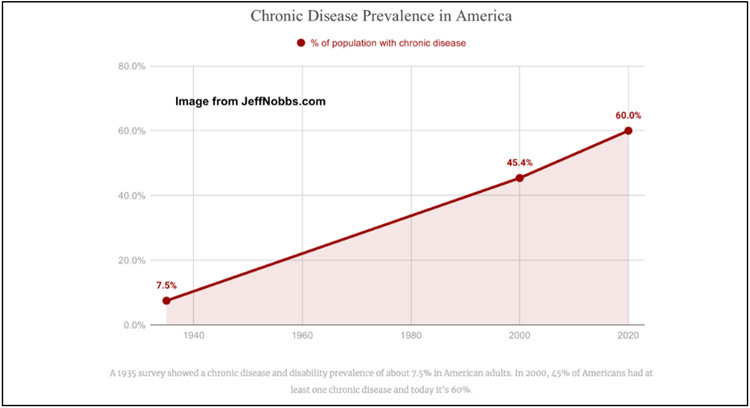
Great article. Unfortunately the general population doesn’t do physical labor. Office sitting
I eat like my grandma and Mother showed me how to cook and I was up to my elbows in GoodFoodMakin'
Natural Immunity looks more promising. As reported in the New England Journal of Medicine, 353,000 unvaccinated people who were infected with and recovered from Covid-19 were tracked and only 0.4 percent were reinfected, with zero deaths.
INDIA is an excellent example where Government is not rotten and corrupted like ALL western "culture". INDIAN government listens follows Ayurveda and Natural Remedies.With its large population and limited resources, government officials in India sent TREATMENT KITS to families.
These treatment kits contained:
Vitamin D,
Vitamin C,
Vitamin B,
Zinc,
thermometer,
pulse oximeter (to measure oxygen levels),
Doxycycline ( or garlic, golden seal, etc.),
IVERMECTIN !!! (can be substituted with wormwood).
INDIA WAS HAVING A SURGE OF COVID DEATHS AND REVERSED THE SURGE WITH THEIR KITS!!!
Now INDIA has the lowest infection rate in the world. And the corrupted rotten Western culture(incl.USA, Canada, Israel as american slave having close to 70% vaccinated and poisoned)